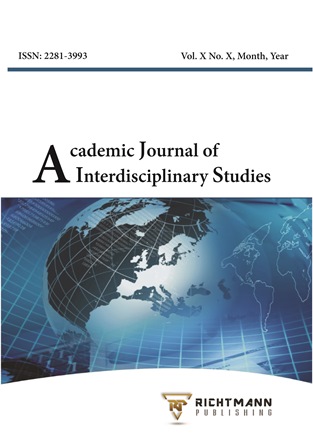The Ethics of the Public Accountant: A Phenomenological Study
DOI:
https://doi.org/10.36941/ajis-2024-0025Keywords:
Ethics, public accountant, professional ethics, personal ethics, professional developmentAbstract
The Criminal Tax Law penalizes false entries and annotations in books and records, as a consequence, the malicious actions performed by the public accountant could go beyond a tax violation, being classified as a felony punishable by imprisonment, hence the importance of ethics in their performance, to ensure the common good and justice. In this context, the present study takes as a starting point the performance of the public accountant, as part of a social phenomenon, and explores his professional performance considering three fundamental ethical values: independence, responsibility and professional expertise, the same that promoted the following guiding question: How are the ethical conditions of professional accountants, which resulted in the objective of exploring the ethical conditions of Peruvian public accountants. Using a qualitative methodology, based on a phenomenological-hermeneutic design, active accountants in the public sector, accountants in the private sector, independent accountants and accountants who teach at universities were interviewed. The findings of this study highlight the importance of responsibility in accounting work and advocate an integral vision that contemplates professional independence, diversity of opinion, the skills required for analysis, effective communication, responsibility and decision making, emphasizing the context and variability for accounting solutions according to situations. The Peruvian public accountant must combine technical and personal skills, maintain high ethical standards, projecting an outstanding and respectable image to be considered a reliable professional in his work. This study can be used to lay the foundation for a global meta-code of ethics.
Received: 17 August 2023 / Accepted: 20 October 2023 / Published: 5 January 2024
Downloads
Downloads
Published
Issue
Section
License

This work is licensed under a Creative Commons Attribution-NonCommercial 4.0 International License.
This work is licensed under a Creative Commons Attribution-NonCommercial 4.0 International License.








